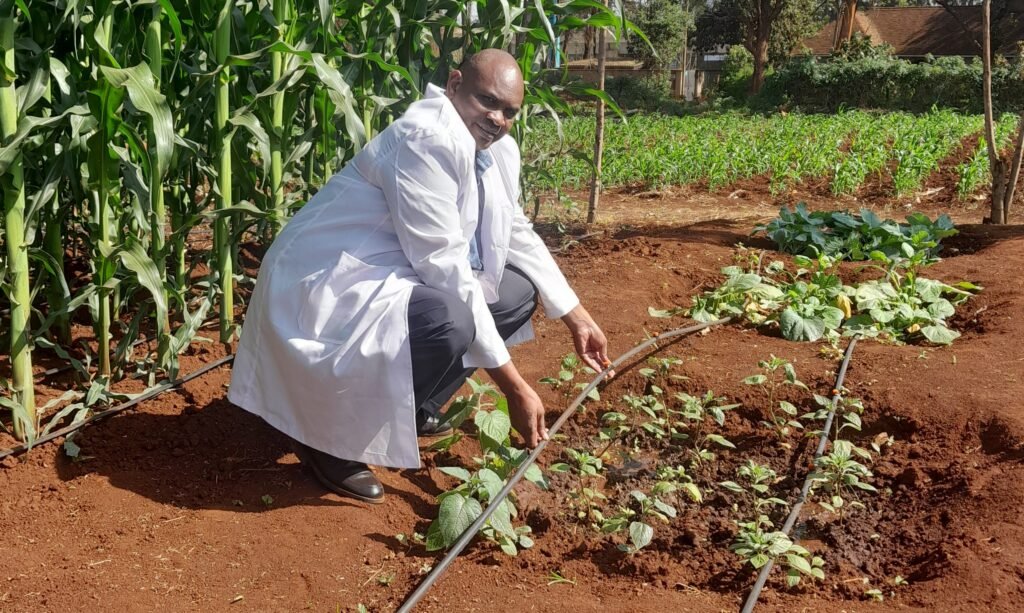By Murimi Gitari
Climate-smart agriculture project calls it a day
KCSAP, which was started in 2017, focused on increasing agricultural productivity and enhancing resilience to impacts of climate change and reduction of greenhouse gas emissions. With the support of the World Bank, the project has made tremendous efforts to address food insecurity challenges brought about by climate change risks in the targeted smallholder farming and pastoral communities in Kenya.
The project was meant to benefit about 522,000 households of smallholder farmers, agro-pastoralists, and pastoralists directly, 340,000 households benefiting from the county-level and public-private partnership investments and over 600 micro small and medium enterprises. The total amount earmarked for the project was US$279 million with US$250million financing from the World Bank and a government contribution of US$29 million.
“KCSAP was started to increase agricultural productivity and resilience of farmers in different counties by validating genderresponsive climate-smart water harvesting technologies, innovations and management practices, and strengthening innovation and knowledge exchange systems to increase access to information on the best fit climate-smart water harvesting technologies, innovations and management practices,” says
Fabian Kaburu Muraga, a research scientist at Kenya Agricultural and Livestock Research Organization (KALRO) department of irrigation, drainage and management of problems soils research programme.
Mr Muraga, who was one of the project implementers, says KCSAP boosted farm production and incomes and enabled many farmers to acquire climate-smart technologies such as the use of solar pumps, harvesting and storage of rainwater that contributed greatly to environmental conservation and building the farmers’ resilience against climate change.
“We supplied the farmers with drip irrigation kits and solar water pumps, among other farming tools. This helped the farmers adopt the most efficient irrigation method which helps conserve water that is slowly becoming a very scarce commodity,” he says. The project, however, encountered challenges in its implementation such as the Covid-19 pandemic restrictions and the incongruent expectations of some farmers who wanted monetary benefits, whereas
the goal of the project was to empower them through knowledge and education. A few farmer groups evaded manual work, especially in excavating the water harvesting structures, while the prolonged drought resulted in an insufficient supply of water for irrigation.
“Despite the fact that the priority for the farmers was to use the water for domestic use, some managed to do both and benefited greatly. In addition, we recommended the construction of more water pans since it was observed that with sufficient storage, the amount of water collected even after one day of very heavy rainfall would last up to four months,” he added.
With the county having experienced different rainfall patterns for the last few years with the situation not changing, KCSAP advised the farmers under the project to explore water harvesting and storage structures such as lined water pans.
The structures will help collect rain water during the rainy seasons and store it for use during the dry seasons and when the rains delay

